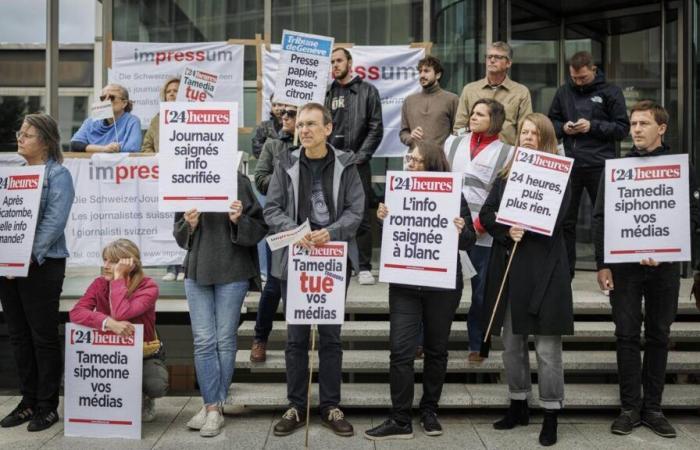ISABELLE CORNAZ
journalist, president of reporters without Swiss borders
Posted on May 02, 2025 at 06:25. / Modified May 02, 2025 at 06:25.
3 min. reading
There is something deeply distressing, even revolting as a journalist, to have to abandon his profession for economic reasons when you have held up to threats, in the face of political or security pressures for years. However, it is a reality for media professionals in many countries, from Belarus to Burma. The recent decisions of President Donald Trump only strengthen this trend: Ukrainian journalists who have risked their lives by covering their country at war are seeing their media today closed or threatened with closure because of the American government of international aid funds. Not to mention the media such as Radio Free Europe/RL, Radio Free Asia or Voice of America, financed by the United States but independent on the editorial level, which the current US administration is trying to dismantle, without taking into account the importance of these sources of information for residents of regions in the hands of authoritarian regimes.
These recent examples are only part of the long list of pressures and the economic difficulties suffered by the media around the world. The World Press Freedom Ranking, published this Friday, May 2 by Reporters Sans Frontières this Friday, shows that the situation only wins and even reaches an unprecedented critical level. In nearly a third of the countries of the world, from Argentina to Tunisia, the media closes regularly, stifled by economic difficulties. In countries like the United States, entire regions are moving into informational deserts.
The rest of the article is interested?
Understanding everything, better information: access the best of Swiss journalism with our combined offer Time & Heidi.News.
Subscribe in a few clicks and easily pay with Twint.
I subscribe
Do you already have an account?
Connect






